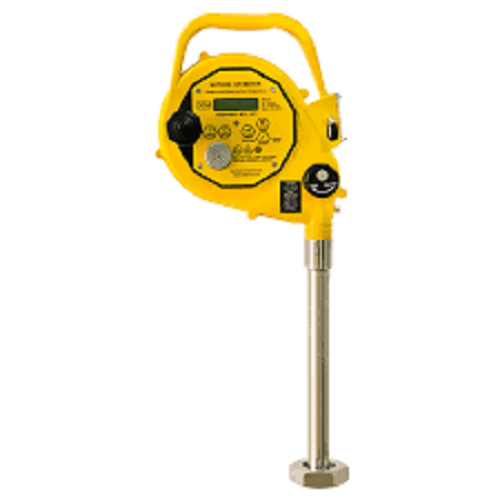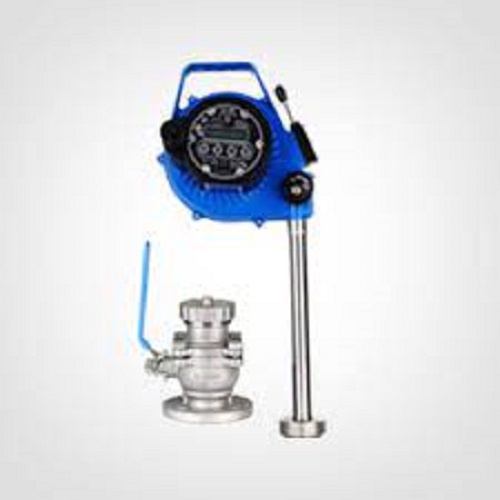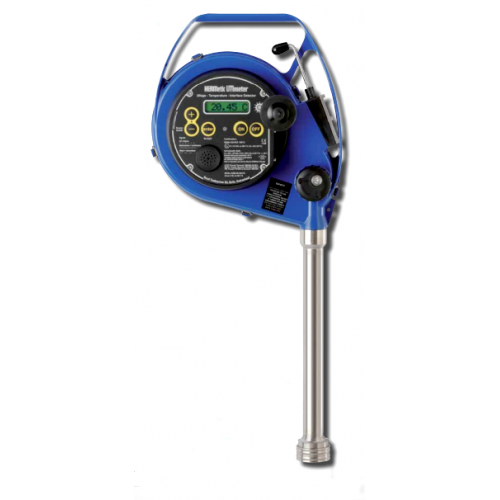


UTI (Ullage Temperature Interface)
Service:
Calibration: This
is the most critical part of the service. While many modern UTI meters have
sensors with characteristics stored in their memory that eliminate the need for
routine recalibration of the temperature sensor itself, the entire unit's
functionality must be verified. This involves:
Temperature
Verification: The technician will use a certified reference
thermometer to check the accuracy of the UTI's temperature reading, often by
submerging the sensor in a bath of known temperature. If the reading is off by
more than a specified tolerance (e.g., ±0.2∘C), the sensor may need to be
replaced.
Ullage and
Interface Verification: The technician will verify that the electronic
and mechanical systems for measuring ullage and the oil-water interface are
functioning correctly. This includes checking the accuracy of the tape, the
responsiveness of the sensors, and the correct operation of the audio cues
(beeps) for gas, oil, and water interfaces.
Preventive
Maintenance: This involves physical inspection and cleaning of the
device. This includes:
Tape
Inspection: Checking the integrity of the measurement tape for any
physical damage, kinks, or wear that could affect accuracy or safety.
Sensor and
Probe Cleaning: The sensor probe is cleaned to remove any residue that
could interfere with its ability to detect oil, water, or temperature.
System
Checks: The technician will inspect the winding drum, battery, display
unit, and all connections to ensure they are in good working order.
Troubleshooting and Repair: If the UTI meter is not functioning correctly, the service will include diagnosing the issue and performing necessary repairs, which could involve replacing the tape, sensor, or electronic components.